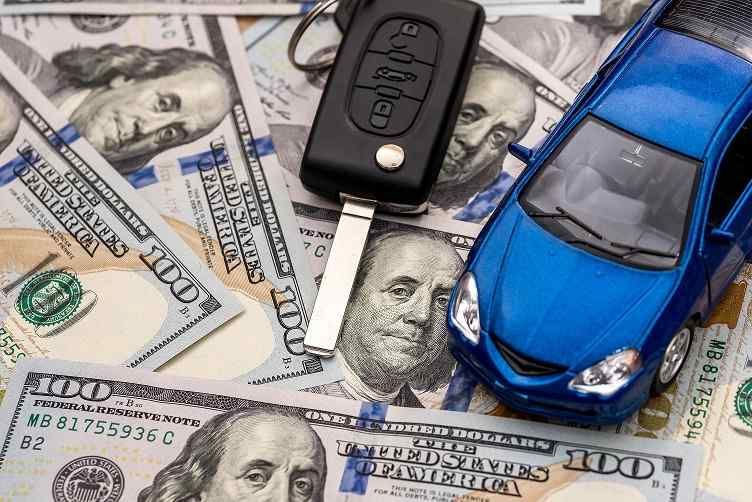If you're a first-time car buyer, then shopping for a car can be exciting, especially when it's new. A new car is one of the largest purchases you will make and it's important to understand how car financing works. Here are some ways to finance your new car.
Understand Your Credit Score
A credit score is an analytical number that calculates your creditworthiness based on your credit history. Your credit score runs from 350 to 850 and the interest rate for a car loan depends on your credit score. The higher your credit score, the lower your interest rate. Also, you could be eligible for additional financing offers such as cash back from manufacturers. When lenders look at your credit score, they're viewing a snapshot of your creditworthiness and they use that information as a tool to foretell the chance that you will repay the loan based on your payment terms. Not only will lenders look at your credit score, but they will also look at your credit report to check your debt-to-income ratio to determine what your interest rate should be.
Apply with Multiple Lenders
Expand your options and apply for financing through multiple lenders. Be mindful not to submit a load of applications within a short period. Each time a lender pulls your credit report, it lowers your credit score. When submitting applications, be honest and don't underrate your debt, or omit financial obligations. Engaging in any dishonest act can cause a lender to demand repayment if they discover that you were dishonest even after they approved the loan.

Correct Your Credit History
You're entitled to one free report of your credit history from all three credit bureaus once a year. Keep in mind that your credit score is not affected when you check your own credit. Prior to entering the dealership, you should already have your credit information and be taking steps necessary to raise your score or fix any errors. If you get approved for a loan with bad credit, you will likely have a higher interest rate. Fortunately, you can apply for refinancing later once your credit improves.
Use Cash to Pay for Fees and Taxes
Taxes and any other fees or warranties should not be included in your financing. Adding these extras into your financing could potentially cause your loan to be upside down. Remember, since cars depreciate, doing this would increase the amount of the loan, but not the car's value.
Put in a Good Down Payment
Most dealerships would be more than happy to add as much as possible to your financing. You can avoid the pitfall of being upside down on your car loan by putting a decent amount of money down. The average amount to put down is 20 percent and that can help keep your payments within your budget. If you have good credit, it's tempting to want to drive out of the dealership without putting in a down payment, but don't fall for the no money down deal.

